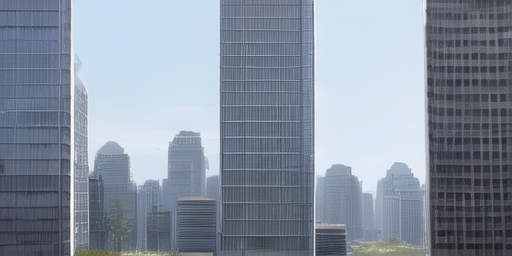刘倩楠:她的生活直播风格与互动经验
近年来,中国在线直播界已成为一场盛开的舞台。网络上有多位影响力大的直播人物引起公众对他们生活方式的浏览好奇。其中,以刘倩楠命名的直播历史焕然一新。她不仅是一位拥有自己荣华之事的才女,更是一个与社群成员亲近、善于与观众互动的圈形成的影响力大。
第一段:
刘倩楠自己认为,直播是通过笔下日常生活和个人兴趣展现真实形象的方式。她在"刘倩楠直播间网"上不仅讲述自己的故事,更鼓励其他人通过与之互动来分享生活经验。刘倩楠的直播形式特别是注重于社交元素和参与感,使她的网络影� Writers and publishers in the United States are concerned with intellectual property rights. These writers and publishers have an interest in being compensated for their creations, which is protected under U.S. law by copyright laws. Copyrights grant exclusive rights to reproduce, distribute, display, or perform the work and its derivative works, as well as provide a basis for enforcement against unauthorized uses of such material. The specific duration of protection varies depending on whether the work falls into different categories (e.g., for individual authors versus corporate publishers).
Copyright laws in the United States are primarily governed by Title 17, Section 102 of the U.S. Code and various case law interpretations thereof. Here is a simplified summary of some key points:
Title 17, Section 102 (U.S. Copyright Law):
- Original works of authorship are protected by copyright from their creation date onward.
- Works include literary, dramatic, musical, and artistic creations such as novels, plays, poetry, music scores, paintings, drawings, sculptures, films, and more.
- The duration of protection for works created after January 1, 1978, is the life of the author plus 70 years for individual authors or corporate authors (or 95 years from publication if the work was published anonymously or under a pseudonym). For anonymous works, posthumous works, and works made for hire, protection lasts for 95 years following first publication.
- Copyright infringement occurs when someone copies, distributes, performs, displays, or creates derivative works without permission from the copyright owner.
- Exemptions to these protections include fair use (a legal doctrine that allows limited use of copyrighted material), as well as certain categories like public domain materials and specific types of government-produced content.
- Copyright owners have exclusive rights, such as reproduction, distribution, display, performance, and creation of derivative works; however, they must enforce these rights in order to receive compensation.
U.S. courts are responsible for interpreting copyright laws and resolving disputes related to intellectual property. In the case of an alleged violation, both parties may seek a declaratory judgment from the court asserting their respective claims or defenses. Additionally, other U.S. entities play roles in enforcing these laws and regulations:
1. The United States Copyright Office administers copyright registration processes and oversees compliance with intellectual property standards. It offers guidance on copyright law for creators, publishers, and legal practitioners.
2. The U.S. Patent and Trademark Office (USPTO) provides services related to patents and trademarks that are also integral to protecting the rights of inventors and businesses in various fields.
3. The Federal Trade Commission (FTC), under its Bureau of Competition, monitors potential violations of anti-trust laws or unfair business practices concerning intellectual property issues. This includes enforcement against deceptive practices related to copyrights, patents, trademarks, and other forms of IP protection.
4. The U.S. International Trade Commission (ITC) plays a role in regulating international trade concerning intellectual property rights disputes between the United States and foreign entities.
5. Individual states may also have their own laws to provide additional protections for creators, as well as local government agencies or departments that focus on promoting and enforcing intellectual property policies within the state's jurisdiction.
用户评论 0
暂无评论




